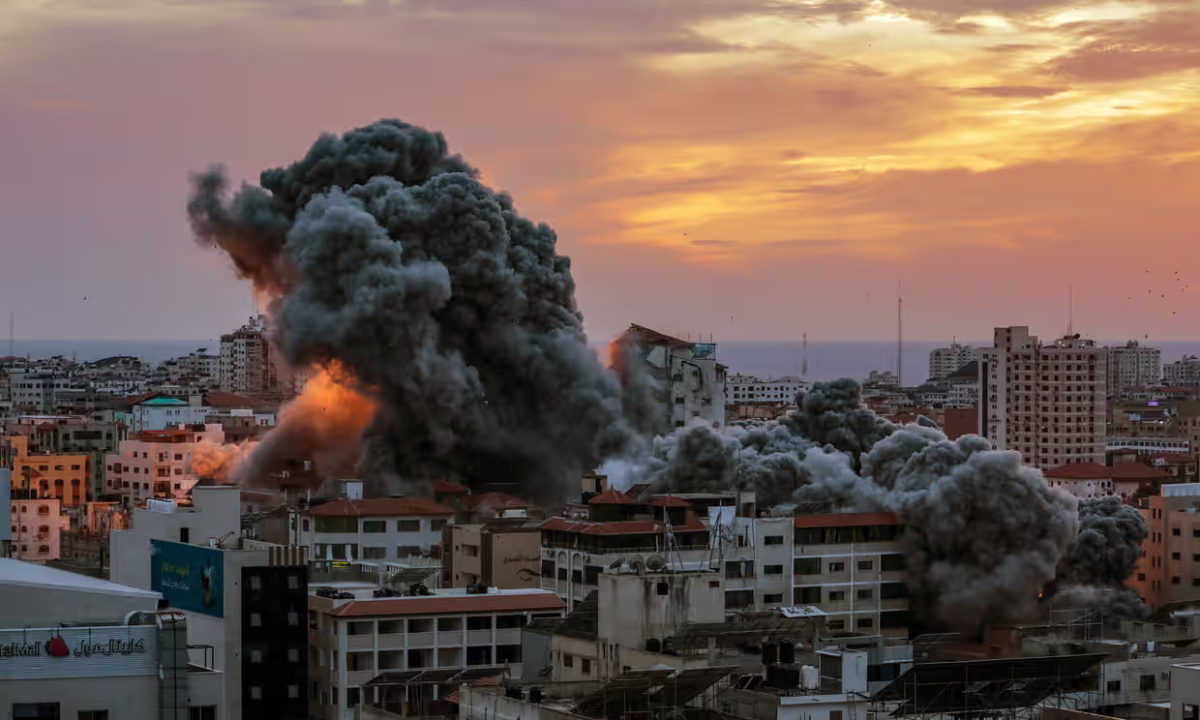In a shocking turn of events, the Middle East finds itself on the brink of a new regional conflict as Israel responds to a surprise attack by Hamas militants. The situation, which began with a stealthy ambush on Israel, has the potential to stretch on for months or even years, with far-reaching implications for the region.
The Surprise Attack
Hamas, a Palestinian Islamist militant group that has controlled the Gaza Strip since 2007, caught Israel off guard with a series of coordinated air, sea, and ground incursions in southern Israel. This unexpected assault, which occurred on the Jewish Sabbath, raised eyebrows worldwide and triggered concerns of Iranian involvement, given Tehran’s long-standing support for Hamas.
Israel’s Response
In response to the attack, Israeli Prime Minister Benjamin Netanyahu declared war on Hamas, vowing “mighty vengeance” and pledging to make the enemy pay an “unprecedented price.” The gravity of the situation has prompted Israel to embark on a mission to take out Hamas’ leadership. However, experts caution that this won’t be a quick endeavor; it could take months, if not years, to dismantle the group’s leadership and infrastructure.
Iran’s Suspected Involvement
Speculation about Iran’s involvement in the Hamas attack looms large. While Hamas itself claims direct backing from Iran, experts are cautious about jumping to conclusions. Iranian security officials allegedly approved the attack, but hard evidence remains elusive. If proven true, Iran’s involvement could have far-reaching implications, potentially escalating the conflict to a regional war.
Hezbollah’s Role
Another intriguing aspect of this crisis is the absence of Hezbollah’s involvement. Hezbollah, a Shiite Muslim political party and militant group based in Lebanon has historically supported anti-Israeli efforts. However, despite its military capabilities, Hezbollah has not joined the fray, raising questions about Iran’s overall objectives in the conflict.
The Broader Regional Impact
The escalating tensions between Israel and Hamas have the potential to disrupt recent efforts to normalize relations between Israel and other Arab countries, most notably Saudi Arabia. Hamas has sent a clear message to Arab nations considering normalization with Israel, urging them to reconsider their relationships with a nation it portrays as unwilling to coexist peacefully.
Diplomatic Efforts
In response to the crisis, U.S. Secretary of State Antony Blinken has been in contact with key regional players, including Saudi Arabia, Turkey, and the United Arab Emirates. The United States is deeply concerned about the potential derailment of talks and the impact on regional stability.
The Middle East is once again in the spotlight as Israel responds to Hamas’ surprise attack. The situation is fraught with uncertainty, with the duration of Israel’s mission against Hamas leadership remaining unclear. Suspicions of Iranian involvement add another layer of complexity to the conflict, raising concerns about a potential regional war. As diplomatic efforts continue, the Middle East watches and waits, hoping for a resolution that can prevent further escalation and restore stability to the region.
